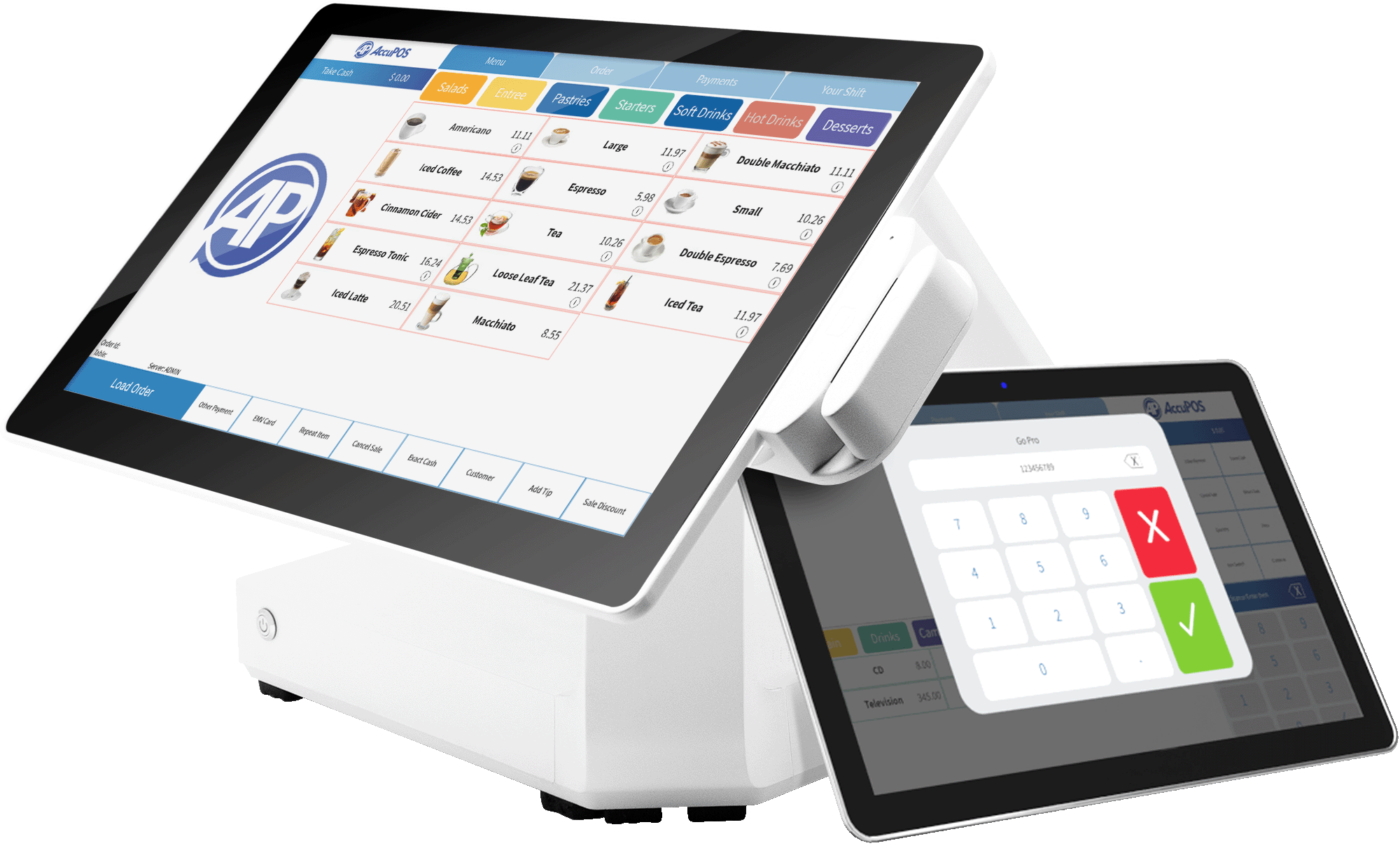Point of Sale Systems Clarified: What You Need to Understand

Within the current fast-paced retail and hospitality industries, grasping the role of a Point of Sale (POS) solution is vital for any business proprietor. A contemporary POS solution is more than just a device that processes transactions; it serves as the core component for managing various elements of a business, from inventory to customer relationships. As tech evolves, POS systems have transformed from simple cash registers into advanced cloud-based solutions that can greatly enhance operational efficiency and user satisfaction.
For those unfamiliar to the concept or seeking to upgrade, navigating the various options out there can be daunting. This detailed guide intends to demystify POS systems, exploring their evolution, features, and advantages. Whether operate a restaurant, a retail store, or a small business, understanding how to select the appropriate system, integrate with other applications, and ensure safety will enable you to make informed decisions that propel your business forward. Join POS Systems for Restaurants as we explore the key elements of POS solutions and how they can transform your operations.
Grasping POS Solutions
A POS system is a combination of physical components and software that allows businesses to complete sales deals smoothly. Traditionally, this meant managing register systems, but modern POS systems currently feature a broad spectrum of functionalities that help with inventory management, customer relationship management, and sales reporting. Grasping what a POS system entails is vital for businesses looking to optimize their processes and enhance customer service.
As technology has evolved, POS systems have evolved from basic cash registers to powerful, cloud-based solutions. This transformation has allowed businesses to get real-time data from anywhere, facilitating better decision-making and better customer interactions. With the introduction of mobile POS systems, businesses can also enable transactions on-the-go, integrating convenience into their service offerings. This versatility is especially advantageous in changing environments such as restaurants and retail stores, where customer preferences can shift rapidly.
The increasing importance of safeguards in financial transactions cannot be overstated. Modern POS systems are built with advanced security features to protect sensitive customer data and ensure compliance with industry regulations. From EMV chip technology that reduces fraud risk to regular software updates that protect against cyber threats, it is essential for businesses to select a POS system that prioritizes security. By understanding these elements, businesses can make educated decisions and adopt systems that not only streamline operations but also enhance trust with their customers.

Choosing the Right POS System
Picking the best POS solution is crucial for the prosperity of your business. To begin with, you need to assess your particular needs based on the type of your business model, whether it's retail. Think about factors such as the volume of transactions, buyer flow, and types of products or offerings you provide. A system that fits with your operational requirements can streamline processes, improve efficiency, and eventually increase customer contentment.
Next, assess the capabilities and functionality that are most essential for your enterprise. Seek out systems that provide vital features such as inventory tracking, sales reporting, and customer relationship management integration. Additionally, ensure that the system accepts multiple payment methods, including digital payments, to cater to customer choices. As tech evolves, emphasize systems that are not only intuitive but also scalable, allowing your business to expand without needing a full overhaul of your POS solution.
Finally, think about the help and education offered by the POS provider. An excellent POS system is one that comes with comprehensive customer assistance and training tools to help your employees manage it effectively. Investigate user reviews and inquire potential vendors about their support services. An reputable provider with a reputation of good service can make a significant difference in how smoothly your solution operates and how swiftly your employees becomes proficient in managing it.
Security and Upkeep
Guaranteeing the safety of your POS platform is crucial for safeguarding private customer data and maintaining your company reputation. Cyber threats are continuously evolving, and businesses must be proactive in protecting their systems. This entails deploying robust safety measures such as full encryption, data tokenization, and multi-factor auth . Regularly updating your software to patch vulnerabilities and using security barriers can go a long way in ensuring your data secure.
Maintenance of your POS system is also important to ensure maximum performance. Routine checks should include checking hardware functionality, updating software, and safeguarding data to prevent loss in the event of breakdown. A well-maintained POS system not only operates smoothly but also reduces downtime, which can disrupt service and affect customer satisfaction. Think about scheduling regular upkeep checks and maintaining a checklist of essential tasks to ensure your system remains in top shape.
Educating your staff on security best practices is a critical aspect of upkeeping your POS system. Employees should be aware of potential security risks, such as phishing or insider threats, and know how to respond appropriately. Providing ongoing education and resources can enable your team to protect the platform proactively. Additionally, having a clear plan in place for dealing with security breaches, including communication protocols and response strategies, will ensure that your business is equipped to handle any problems that may arise.
